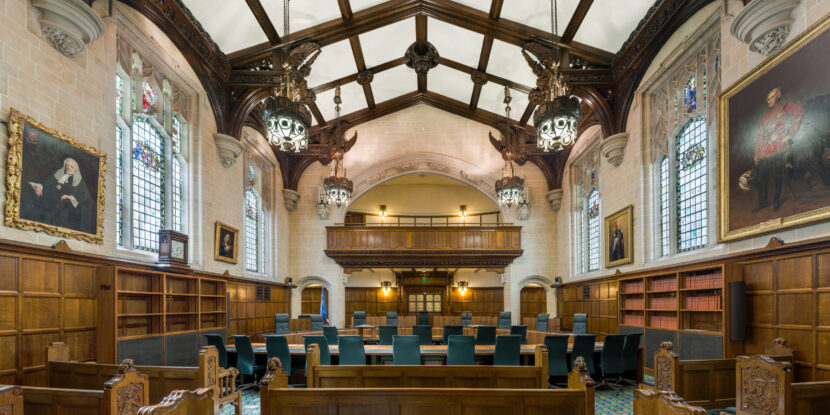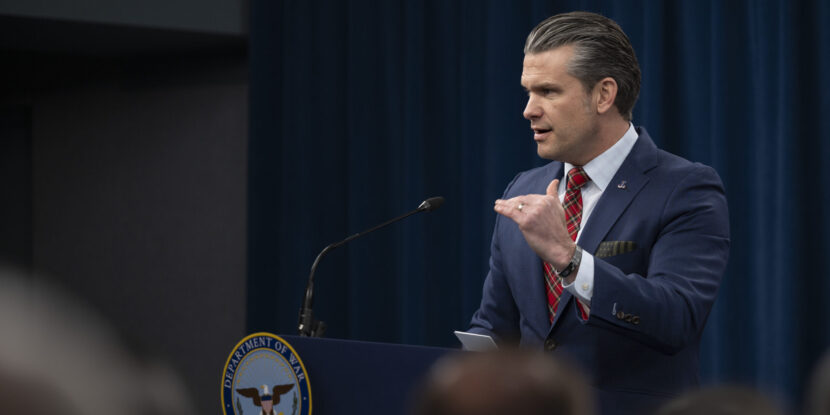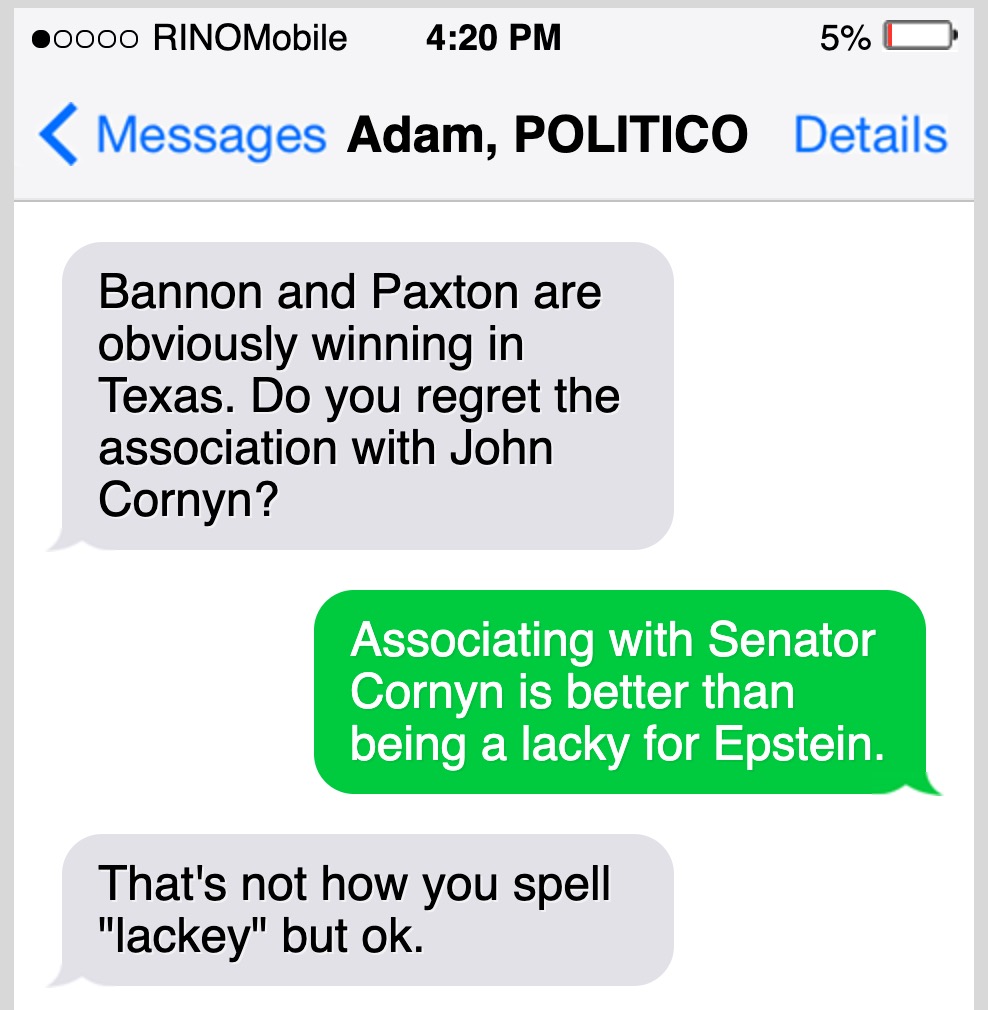❓WHAT HAPPENED: The Supreme Court of the United Kingdom ruled religious education and collective worship in Northern Ireland schools unlawful due to their Christian focus.
👤WHO WAS INVOLVED: A pupil known as JR87, her father, and the Department of Education were involved.
📍WHEN & WHERE: The judgment was delivered on November 19, 2025, in the Supreme Court.
💬KEY QUOTE: “The concepts are two sides of the same coin: conveying knowledge in a manner that is not objective, critical, and pluralistic amounts to pursuing the aim of indoctrination.” – Lord Stephens
🎯IMPACT: The ruling will reshape education in Northern Ireland.
The Supreme Court of the United Kingdom has ruled that religious education (RE) and collective worship in Northern Ireland’s schools breach so-called human rights standards due to their Christian focus, and are therefore unlawful. The judgment follows an appeal brought by a pupil known as JR87 and her father, who argued that the Christian-based instruction at her Belfast primary (elementary) school did not respect their religious and philosophical beliefs.
In a unanimous decision, the court restored an earlier High Court ruling which held that the system of non-denominational Christian RE and daily worship failed to treat religion in an “objective, critical and pluralist manner.” The family first won their case in 2022, but the Court of Appeal later overturned that decision, prompting the appeal to the Supreme Court.
The Supreme Court argued that “all children are entitled to an education that respects their freedom of thought, conscience, and religion,” and rejected the idea that allowing parents to withdraw their children from RE could remedy any issues. The judges said the state must not place children in a position where they may feel “singled out or stigmatized” simply because they hold different beliefs from those assumed by the curriculum.
“The Court of Appeal fell into error in making a distinction between indoctrination and the state conveying information or knowledge in a manner which was not objective, critical, and pluralistic,” the court argued, citing the European Convention on Human Rights (ECHR). “The concepts are two sides of the same coin: conveying knowledge in a manner that is not objective, critical, and pluralistic amounts to pursuing the aim of indoctrination.”
The ruling comes at a time when Christianity and religious freedom in the United Kingdom are at the centre of several national debates. In recent years, the introduction of 150-metre “safe access zones” around abortion clinics in England and Wales has raised concerns among Christian groups, who argue that these measures criminalize even silent prayer.
Questions about the role and direction of Christianity in public life have also intensified following the 2025 appointment of Sarah Mullally as Archbishop of Canterbury, making her the first woman to hold the post. Critics, particularly in conservative Anglican circles, note she is supportive of liberal positions on issues such as abortion, viewing her elevation as evidence of a broader ideological shift to the left within the Church of England.
Join Pulse+ to comment below, and receive exclusive e-mail analyses.





















